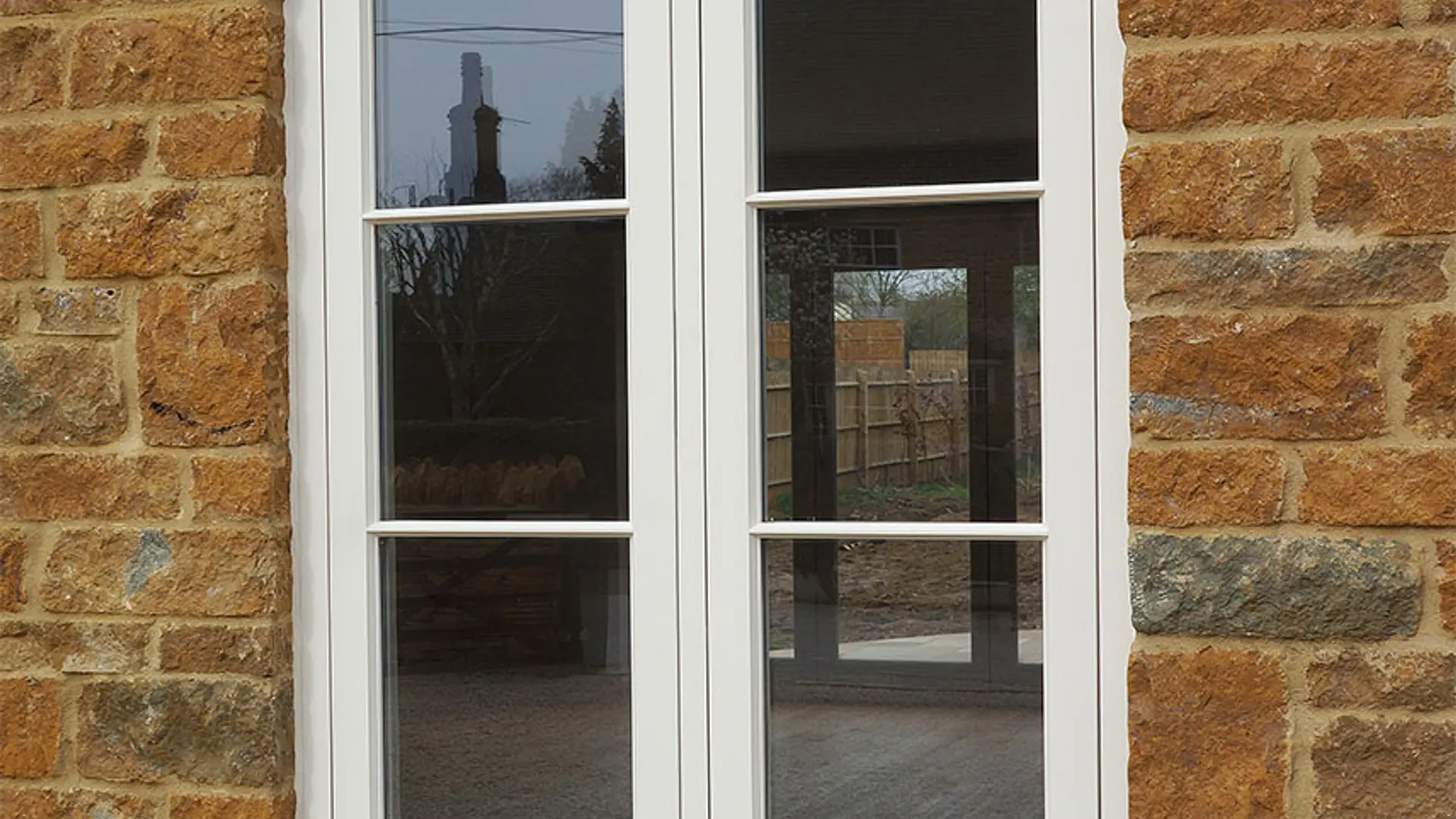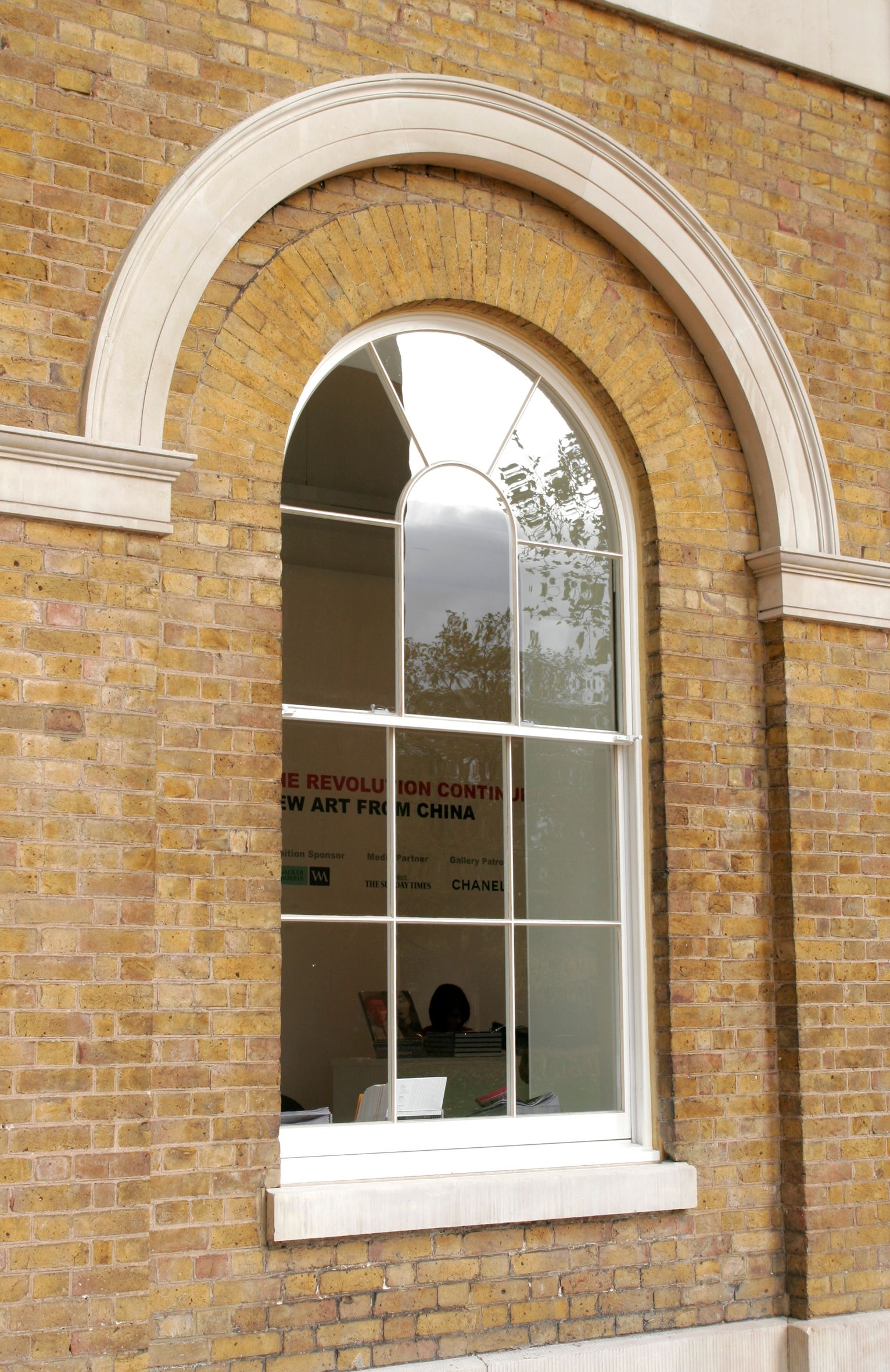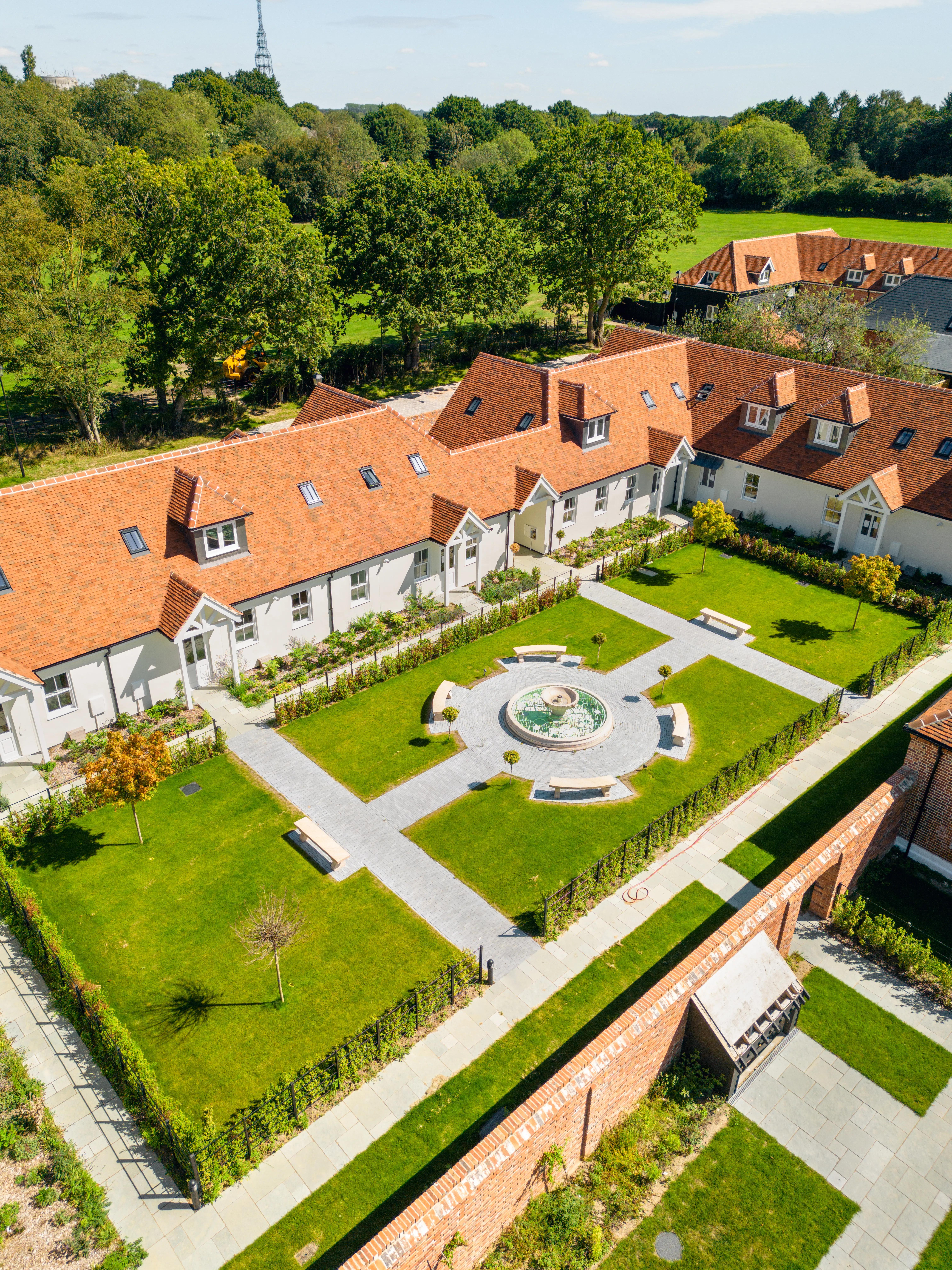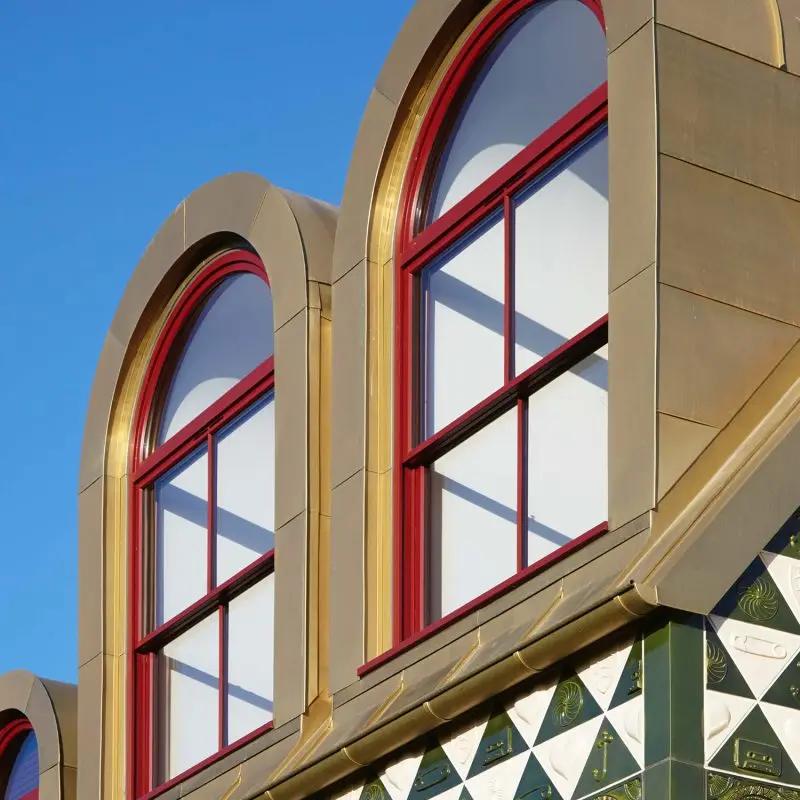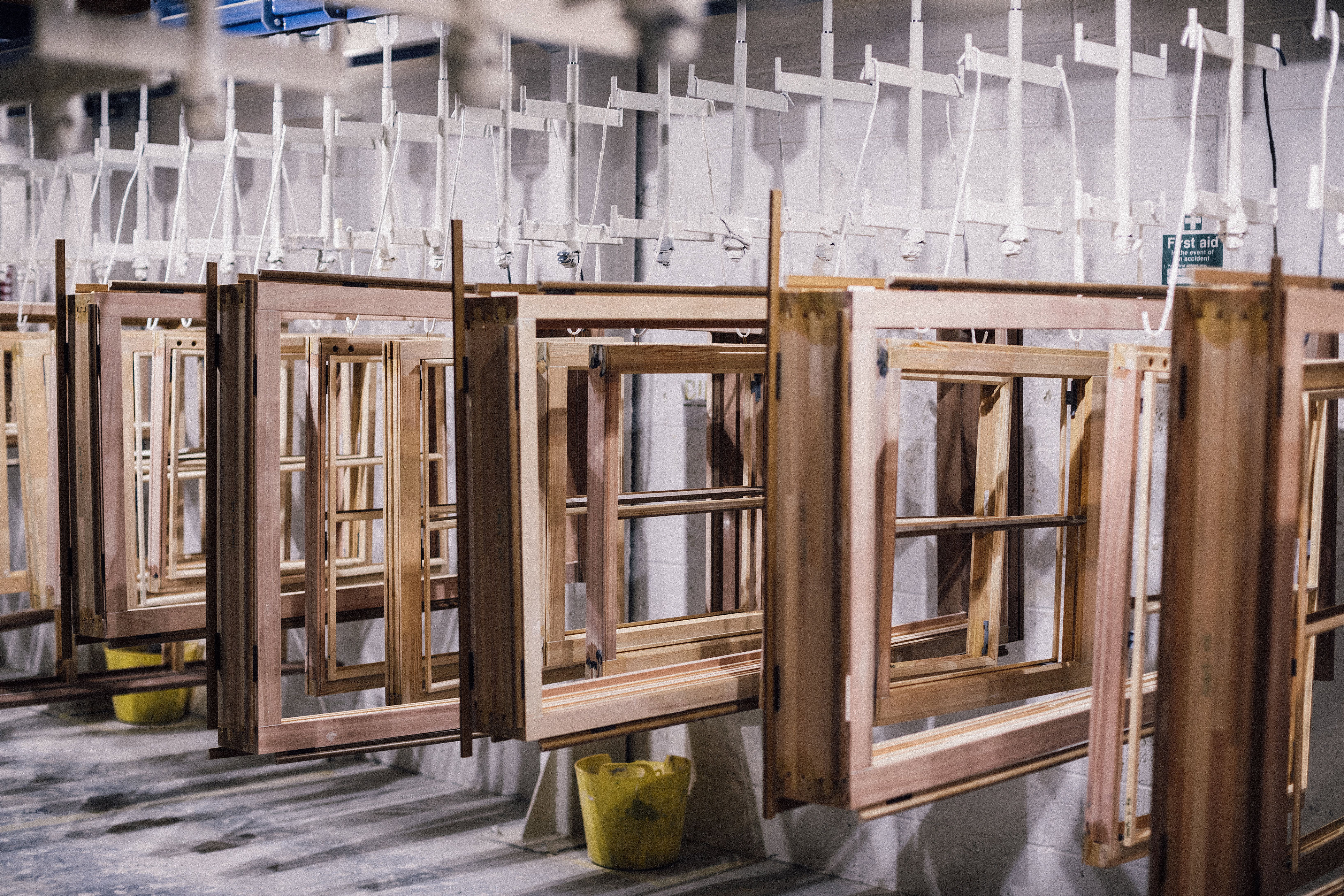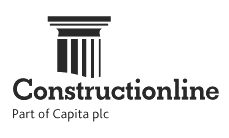It can be challenging to determine when your windows need replacement, which is why we’ve created a straightforward guide highlighting the key signs to look out for, as well as essential considerations when selecting your new windows.
Installing new windows offers a range of benefits for homeowners — from reducing energy bills and improving insulation to enhancing the overall thermal performance and adding value to your property. Here are some key signs to look for when determining if it’s time to invest in new windows.
How To Tell If You Need New Windows
It’s important to recognise when a window truly needs replacing. Minor issues, such as a loose handle or chipped paintwork, can often be easily repaired without replacing the entire window. However, when more significant problems arise, replacing your windows promptly can help avoid greater costs in the future.
1. Are Your Windows Draughty?
Draughty windows are a major contributor to higher energy bills. If you feel a breeze even when your windows are shut, it may be caused by faulty seals, poor insulation, or a worn locking mechanism. Failed seals make it harder to retain warmth, causing your heating system to work overtime. It's estimated that around 30% of a property's heat is lost through poorly performing windows, so addressing draughts can make a real difference to both comfort and cost.
Before deciding on a replacement, always check that your windows are fully closed and free from obvious obstructions.
2. Are Your Windows Leaking?
Persistent condensation build-up on the inside of the window can indicate a deeper issue. Although it may seem like a minor inconvenience initially, ongoing condensation can lead to mould growth, impacting both the appearance of your windows and your health.
Leaks often occur when window seals fail, allowing insulating gas (essential for energy efficiency) to escape. Repairing such damage can be costly and unreliable. In most cases, replacing the window with a high-quality, properly installed unit is the most effective long-term solution.
3. Are Your Windows Difficult to Open, Close, or Lock?
Struggling to open, close, or lock your windows could be a sign of frame deterioration, rot, rust, or poor installation. Home security is a top priority, and windows that fail to lock properly can pose a risk.
Warping is a common issue, particularly with uPVC frames, which can expand and distort in hot weather. Timber windows, however, especially those crafted from engineered timber, offer far greater stability — resisting warping, sticking, and twisting over time.
- uPVC lifespan: Approximately 16–18 years
- Timber lifespan: Approximately 60–80 years
4. Is Your Home Soundproof?
Modern glazing technology has significantly improved sound insulation. If you can clearly hear traffic or other outside noise with your windows fully closed, your current windows may not be performing as they should.
Double or triple glazing, combined with solid timber frames, can dramatically reduce noise transmission. Unlike hollow uPVC or aluminium frames that can amplify external sounds, solid timber naturally dampens noise — an important factor if you live near a busy road, railway, or airport.
What To Consider When Choosing Replacement Windows
Replacement windows are a worthwhile investment, offering improved energy efficiency, enhanced comfort, and increased property value. Here’s what to bear in mind when making your selection:
1. Material Matters
The two main window frame materials are timber and uPVC. While uPVC can offer varied design options at a lower upfront cost, timber is a naturally insulating material that delivers exceptional longevity and a timeless aesthetic.
Although timber may require a greater initial investment, its superior lifespan and classic beauty make it a preferred choice for many homeowners looking for enduring quality.
2. Double or Triple Glazing?
Choosing the right glazing is crucial for performance and comfort.
- Double glazing: Two panes of glass; ideal for improving energy efficiency and reducing noise.
- Triple glazing: Three panes of glass; offers even better insulation and is particularly beneficial for homes in noisy environments.
If you live in a particularly busy area, triple glazing could provide the added peace and quiet you need.
3. Choosing the Right Installer
Selecting a reputable, experienced installer is just as important as choosing the right windows. Seek local recommendations, check for insurance coverage, and ensure that warranties and guarantees are included.
A professional installation ensures that your new windows will perform optimally, offering you peace of mind and protecting your investment for years to come.
Discover Exceptional Timber Windows
If you are looking to invest in bespoke timber windows that offer exceptional performance, beauty, and longevity, Mumford & Wood is proud to offer an extensive range of beautifully crafted designs. Every window is manufactured with the finest materials, combining traditional craftsmanship with modern performance standards.
To find out more about our range of sustainable timber windows and doors, explore our brochure or contact our team for personalised advice.


